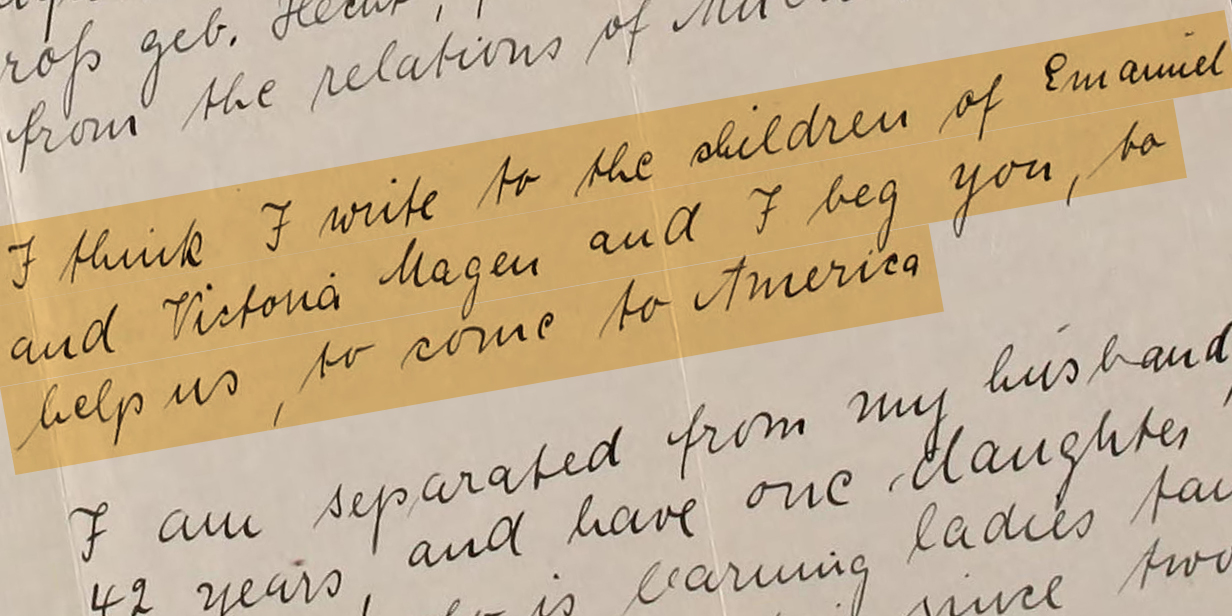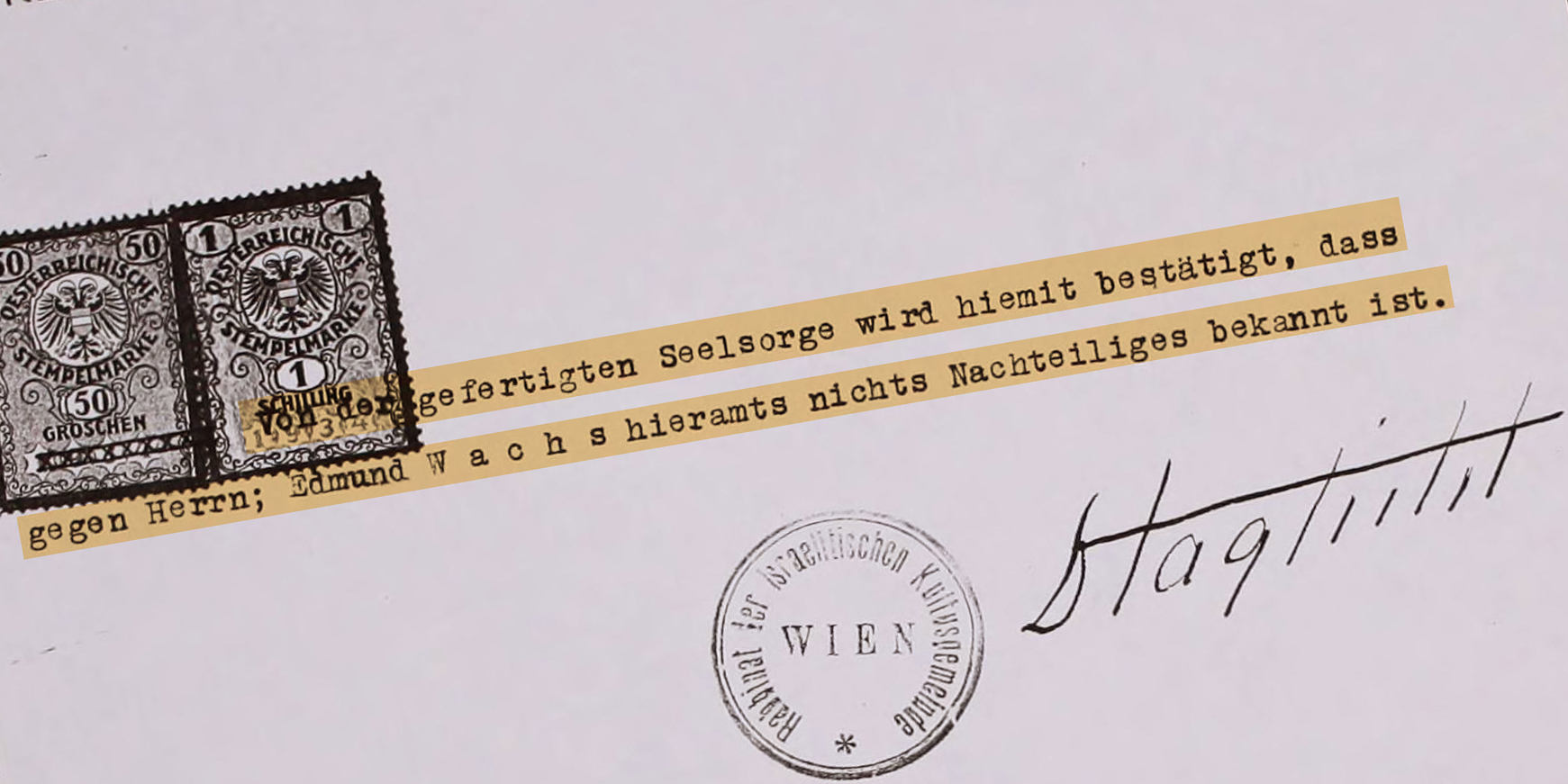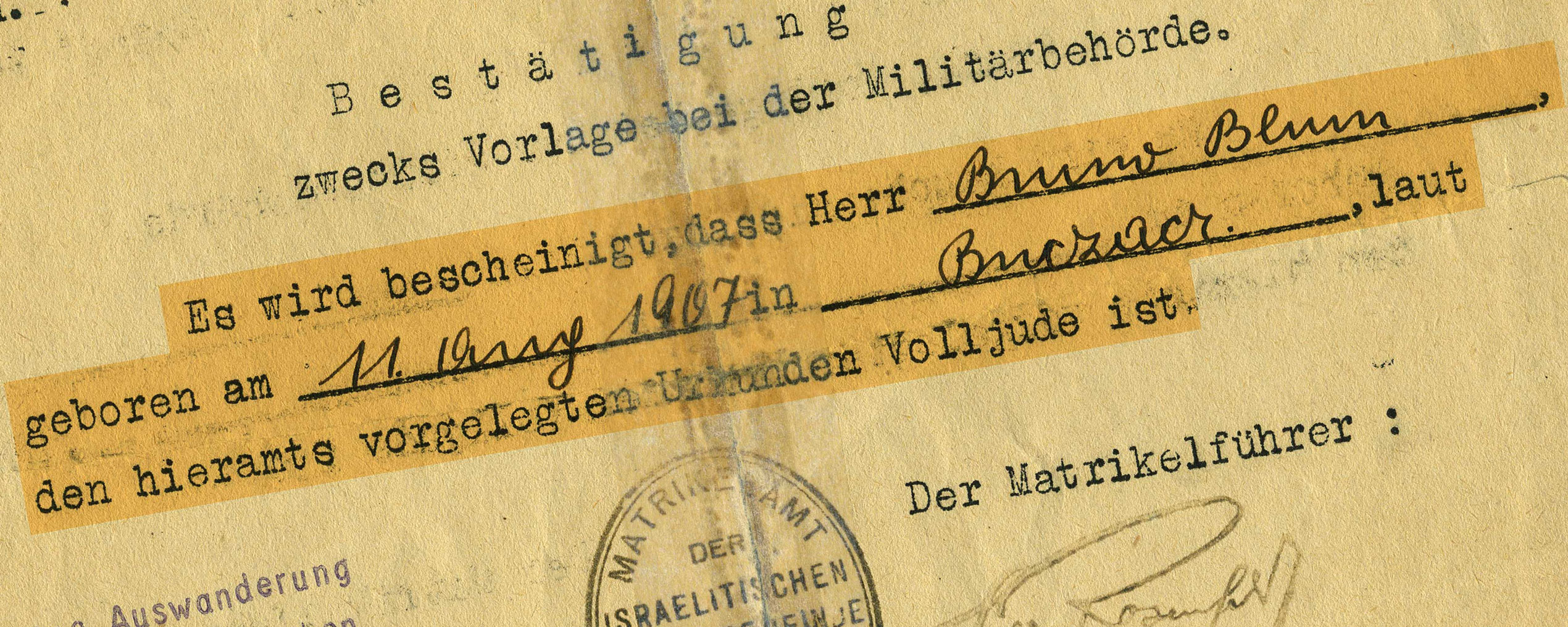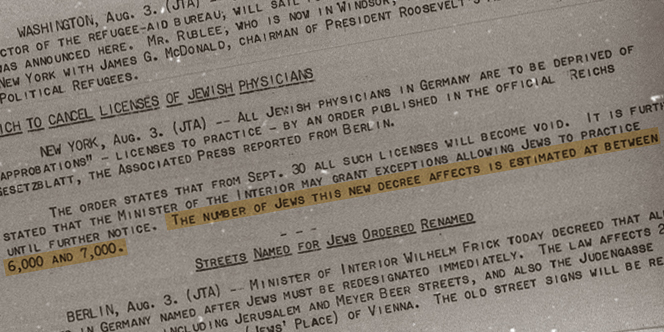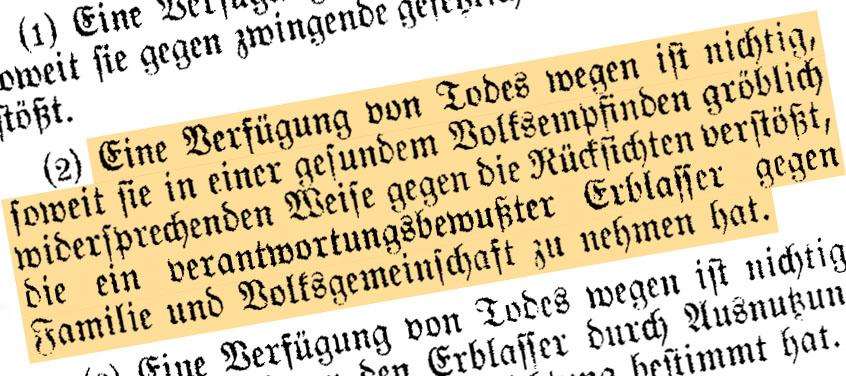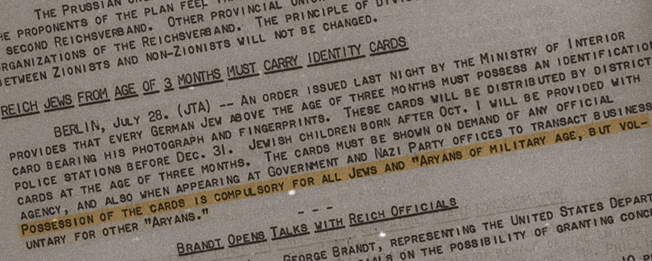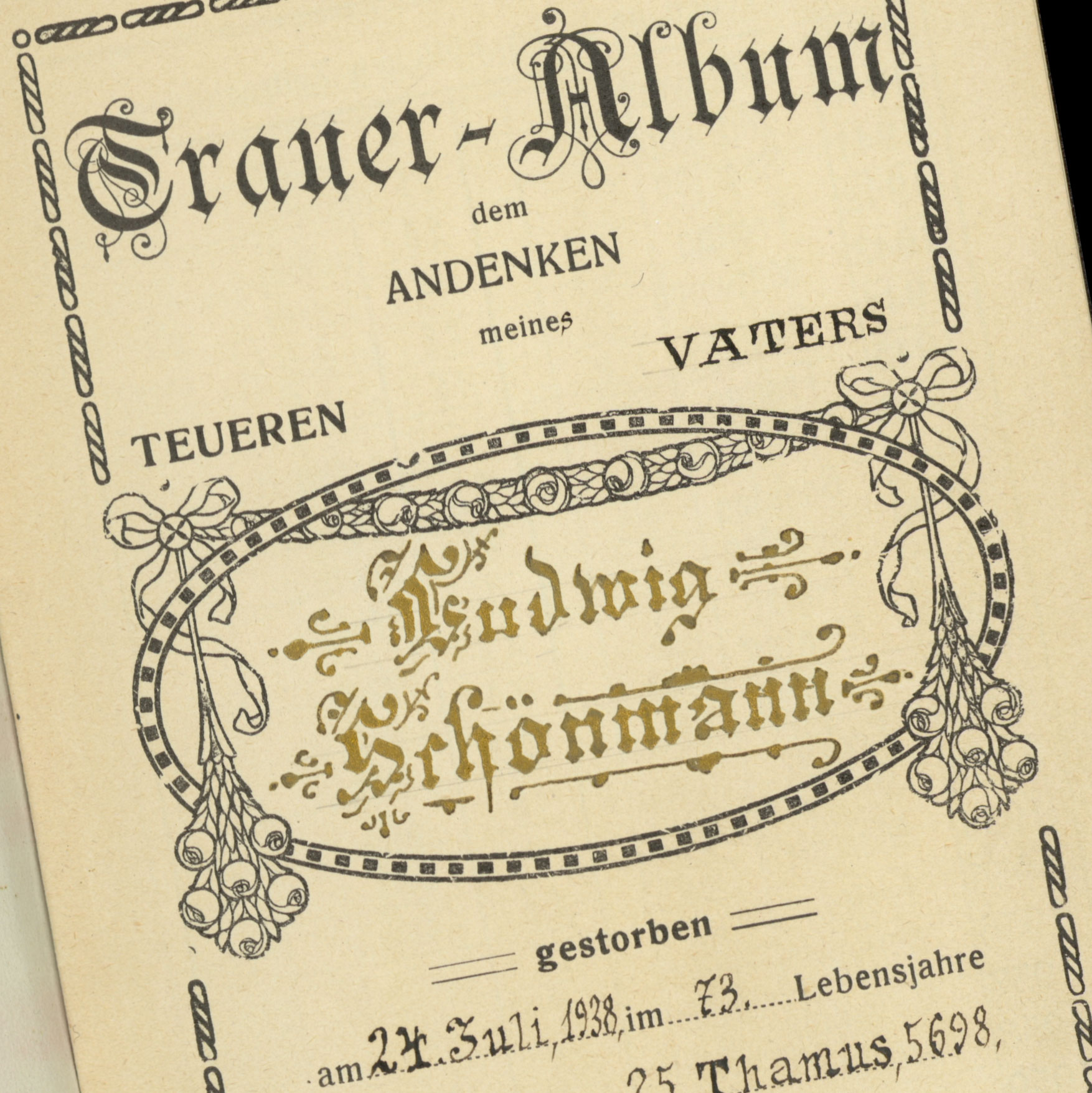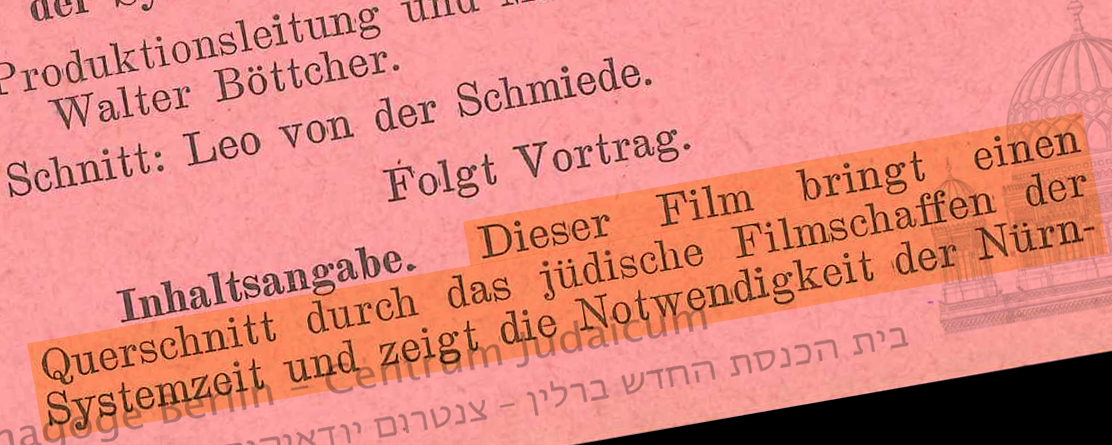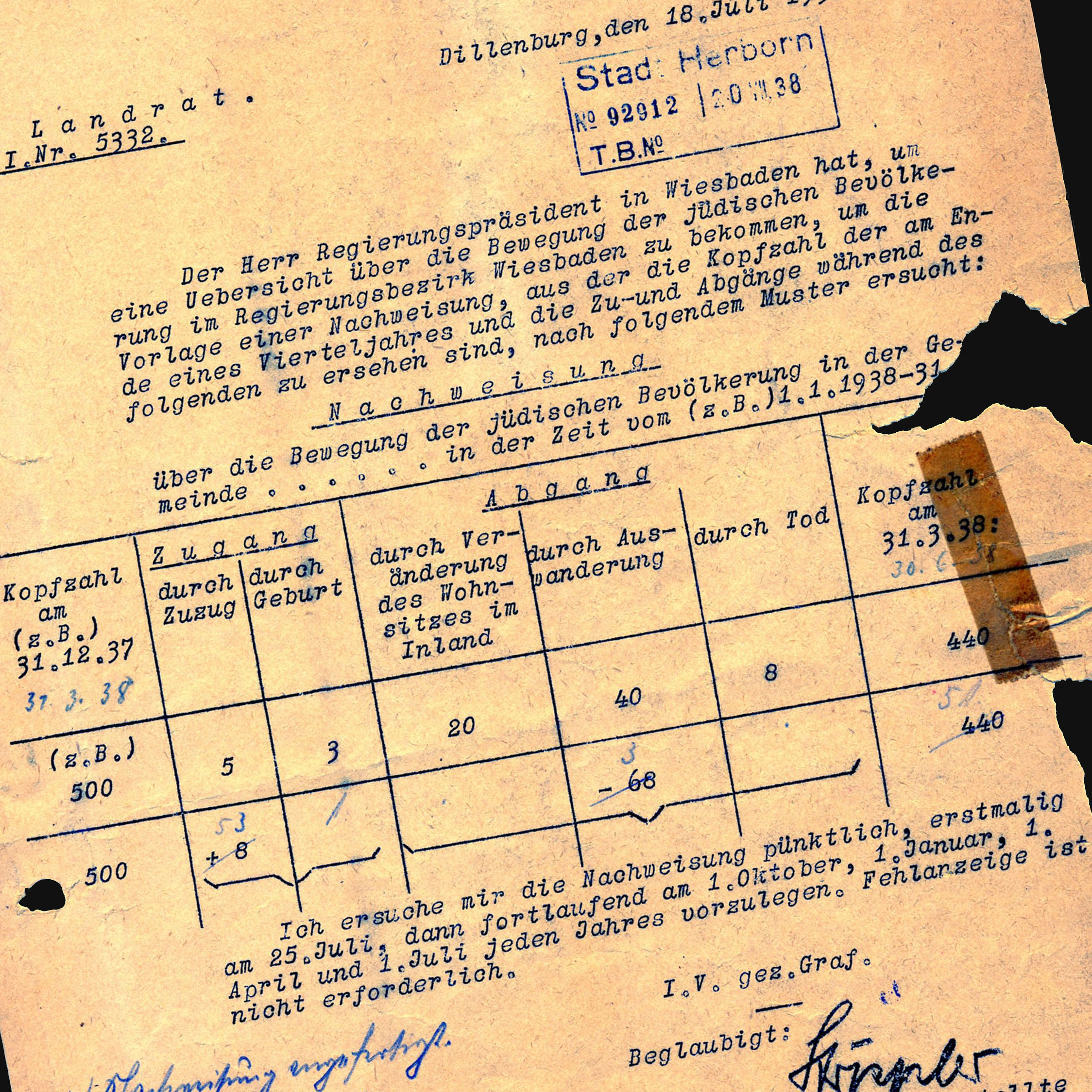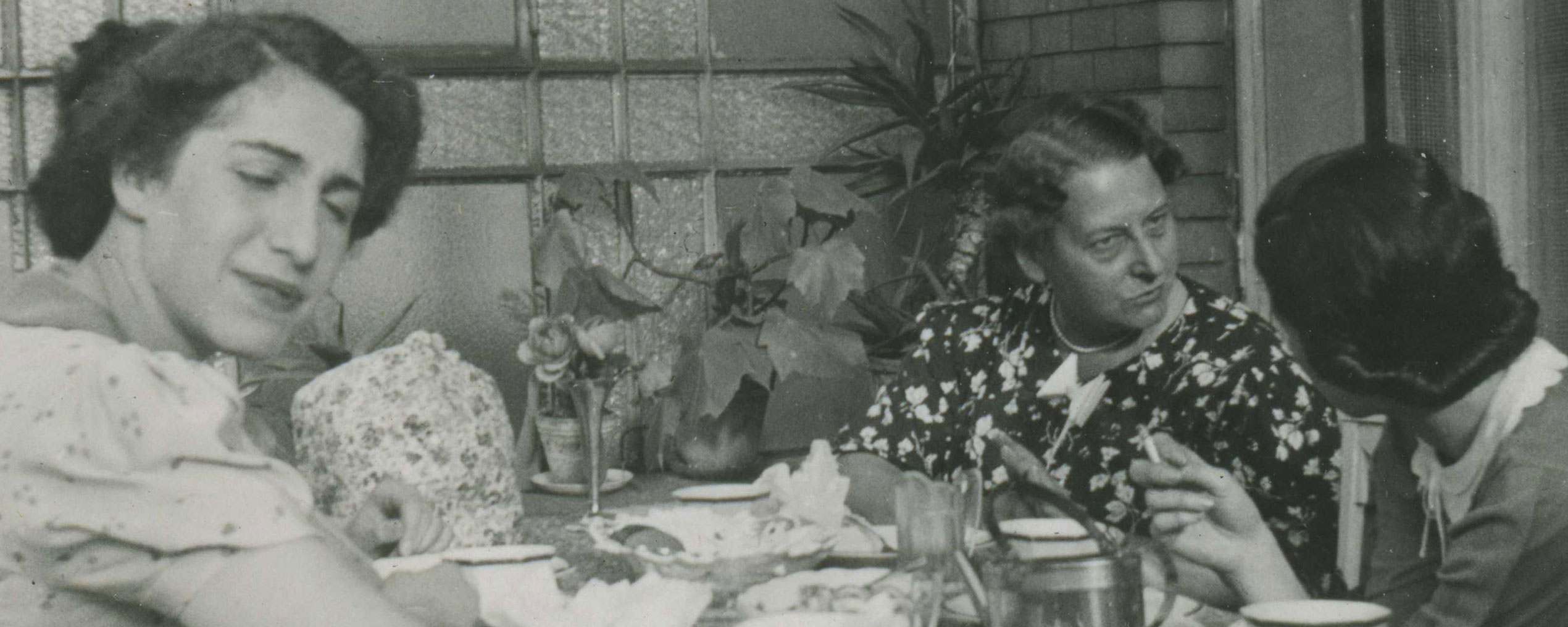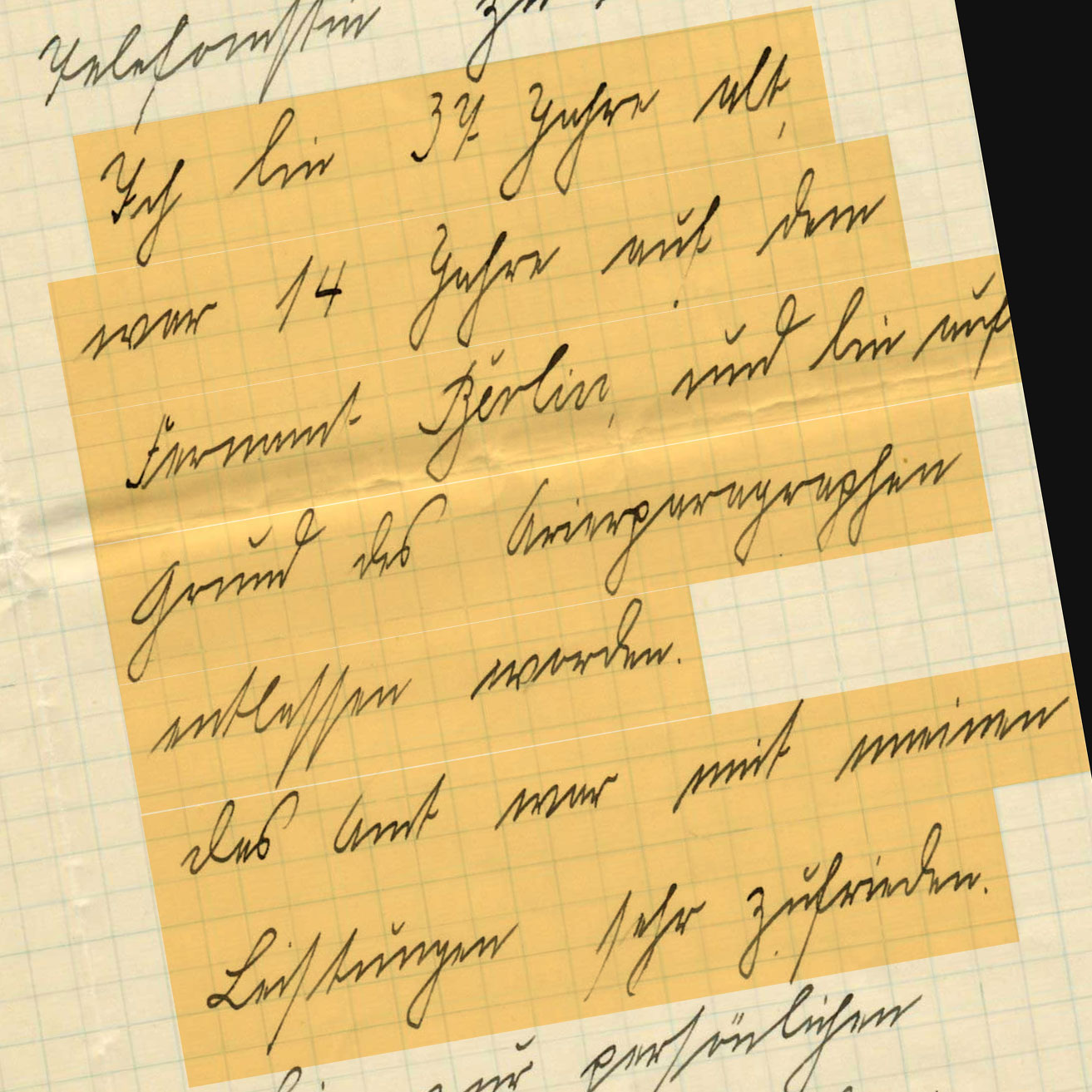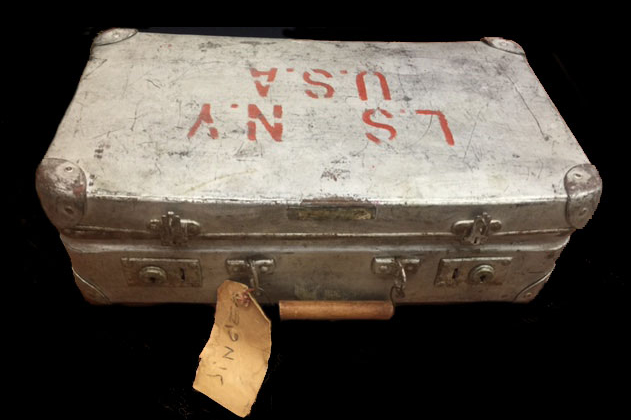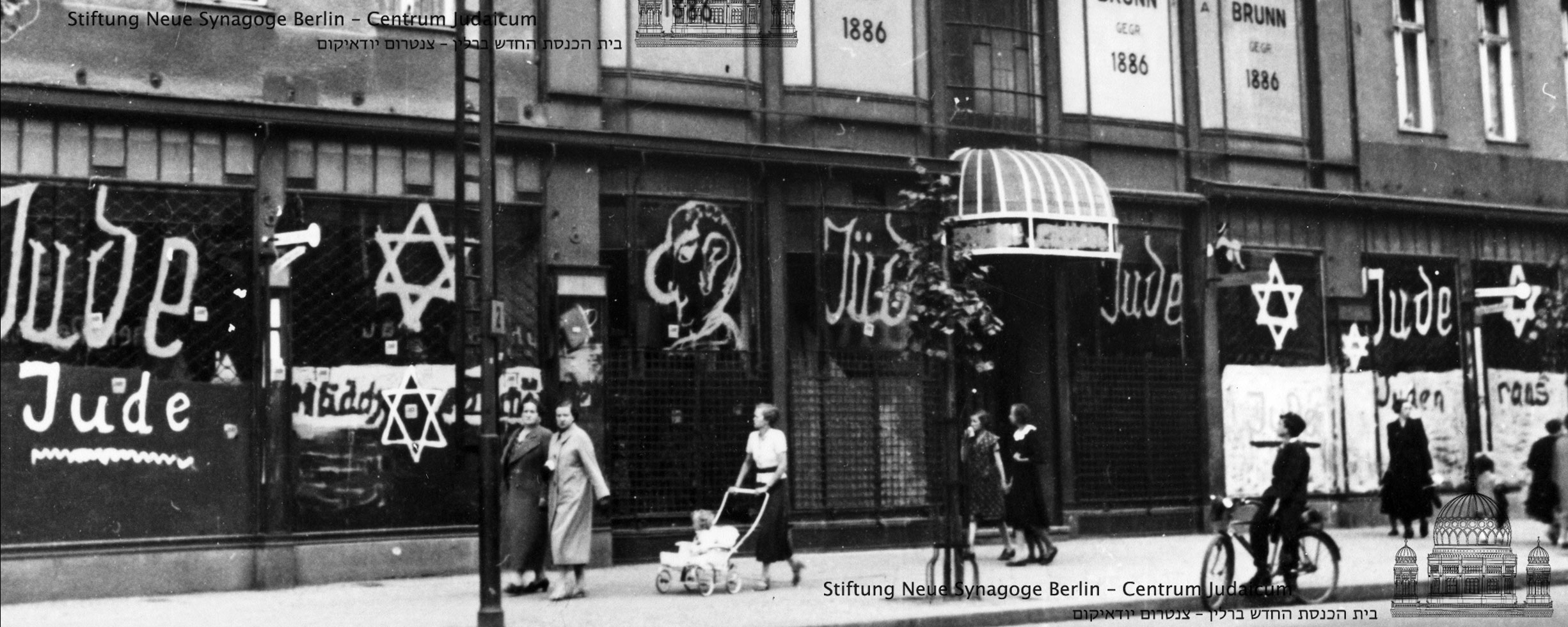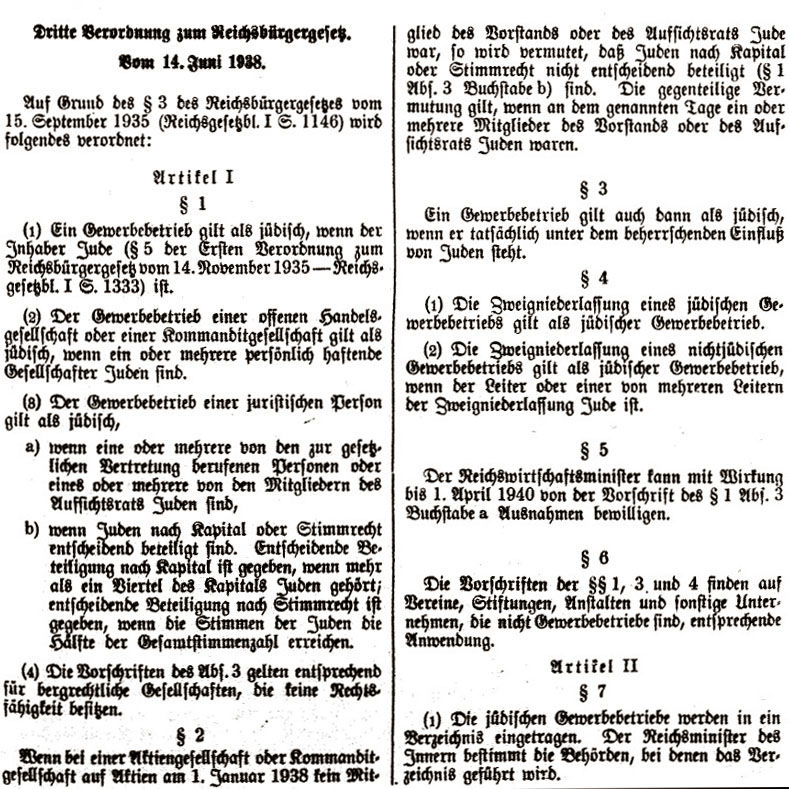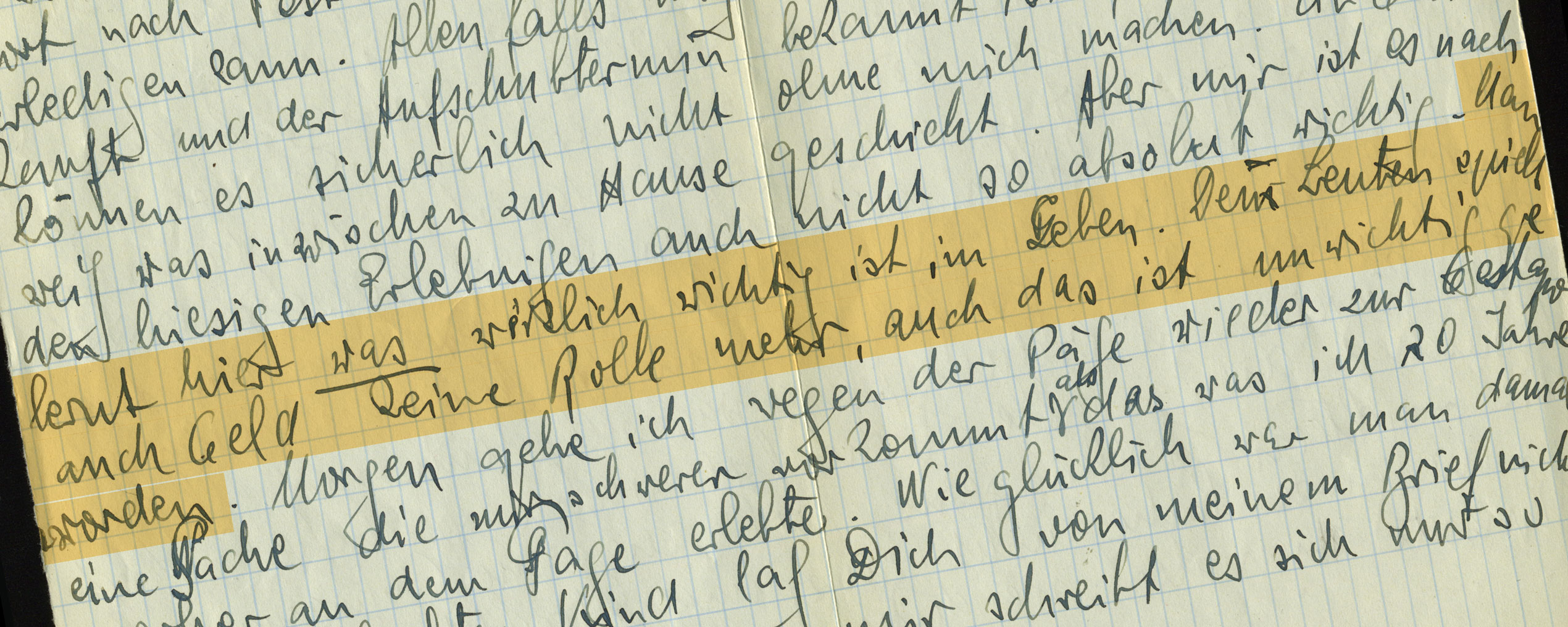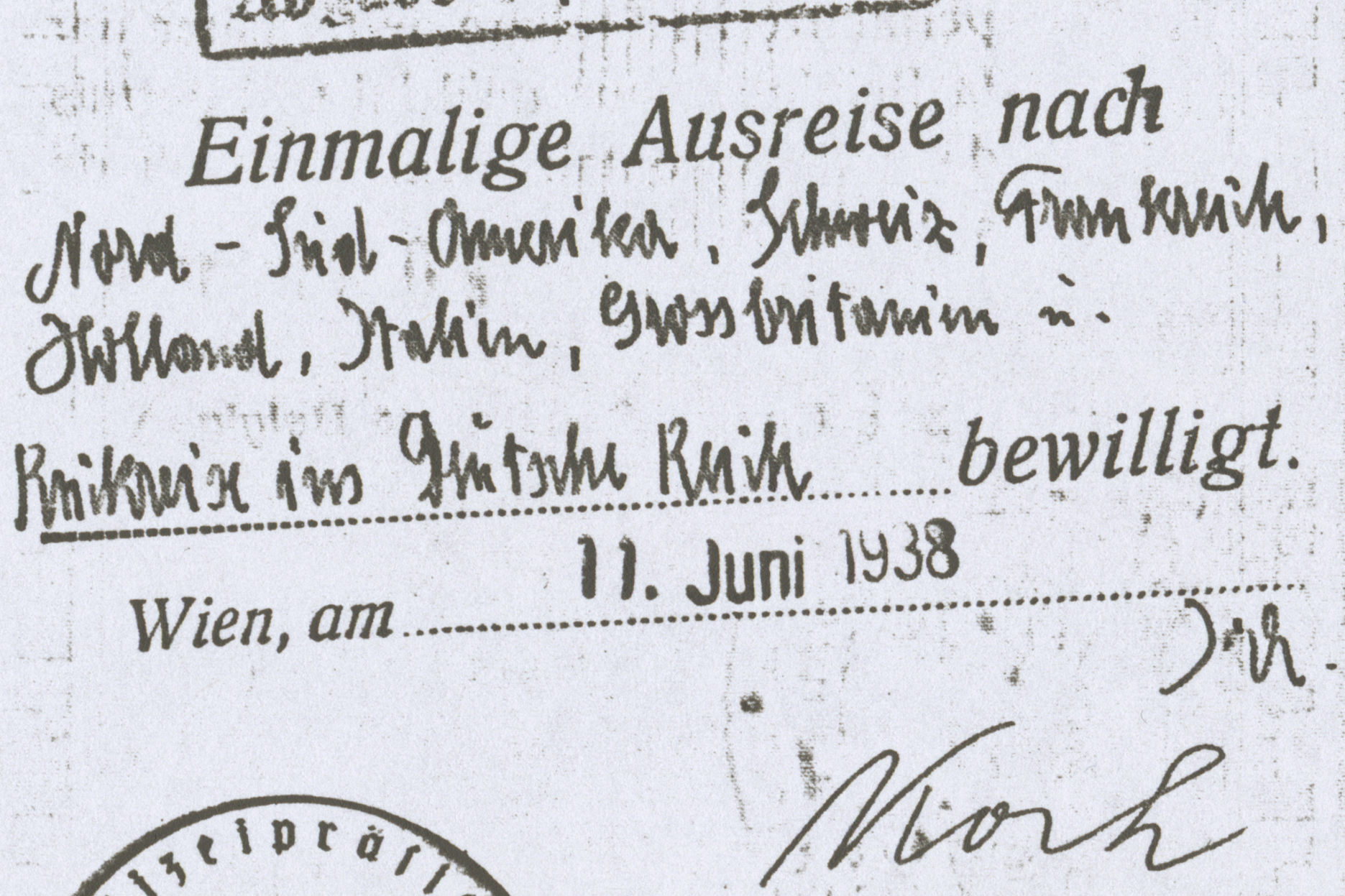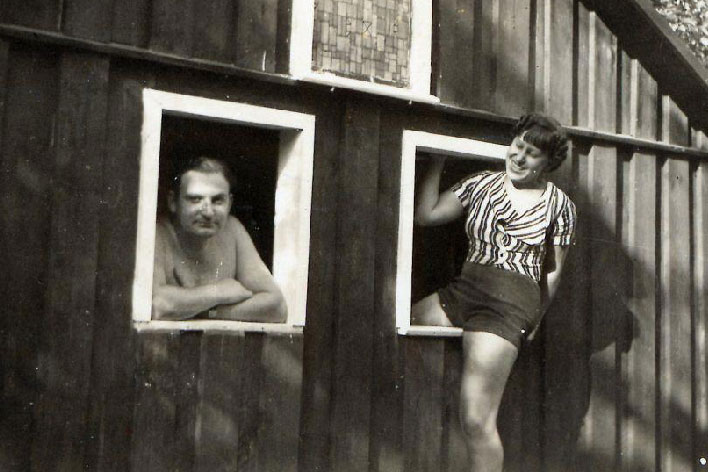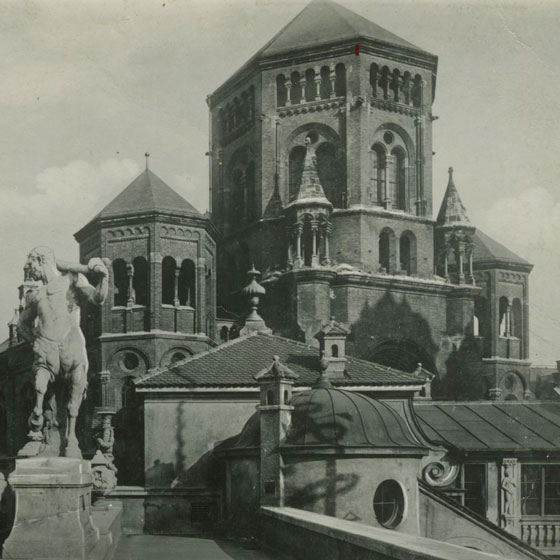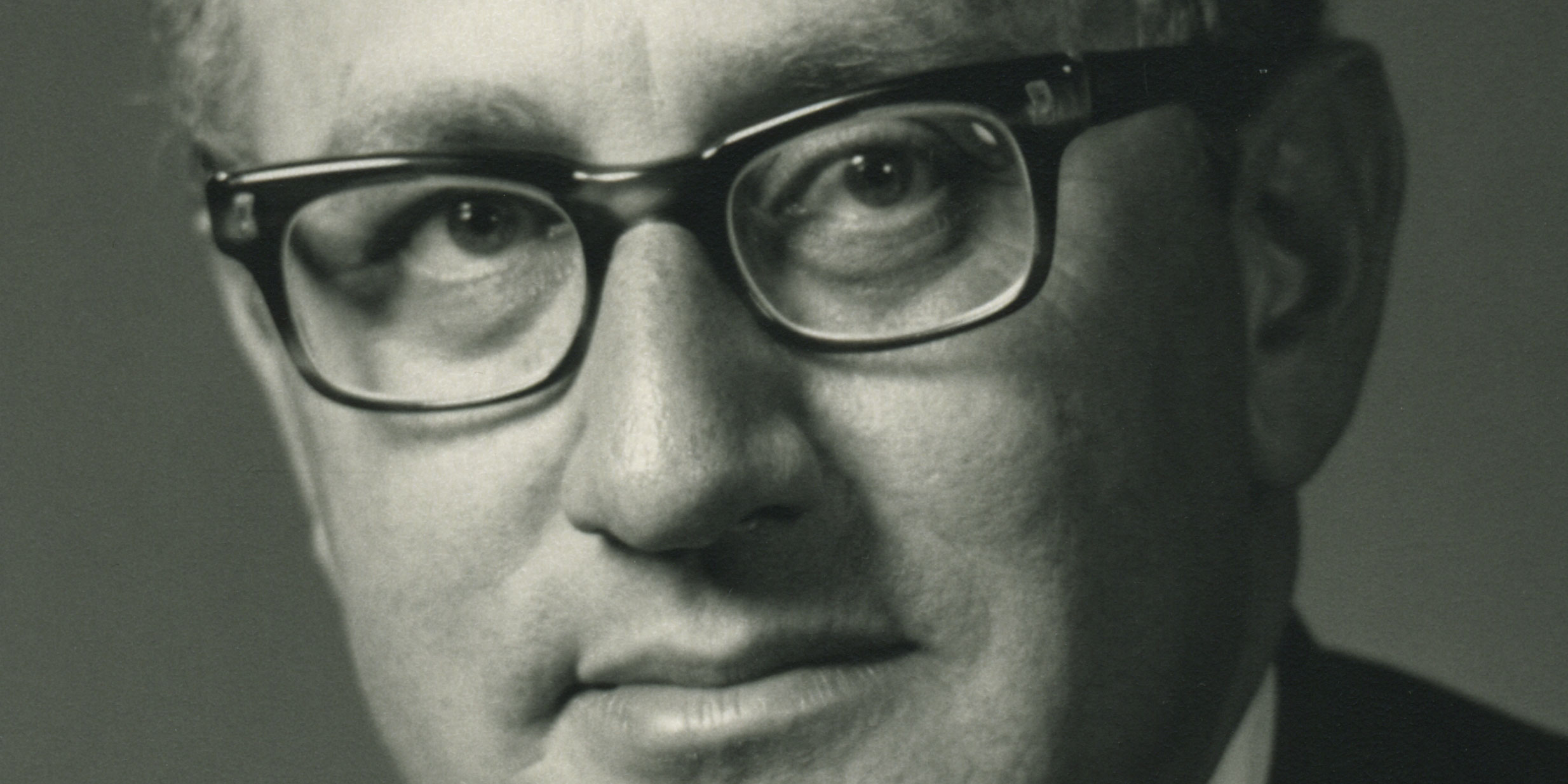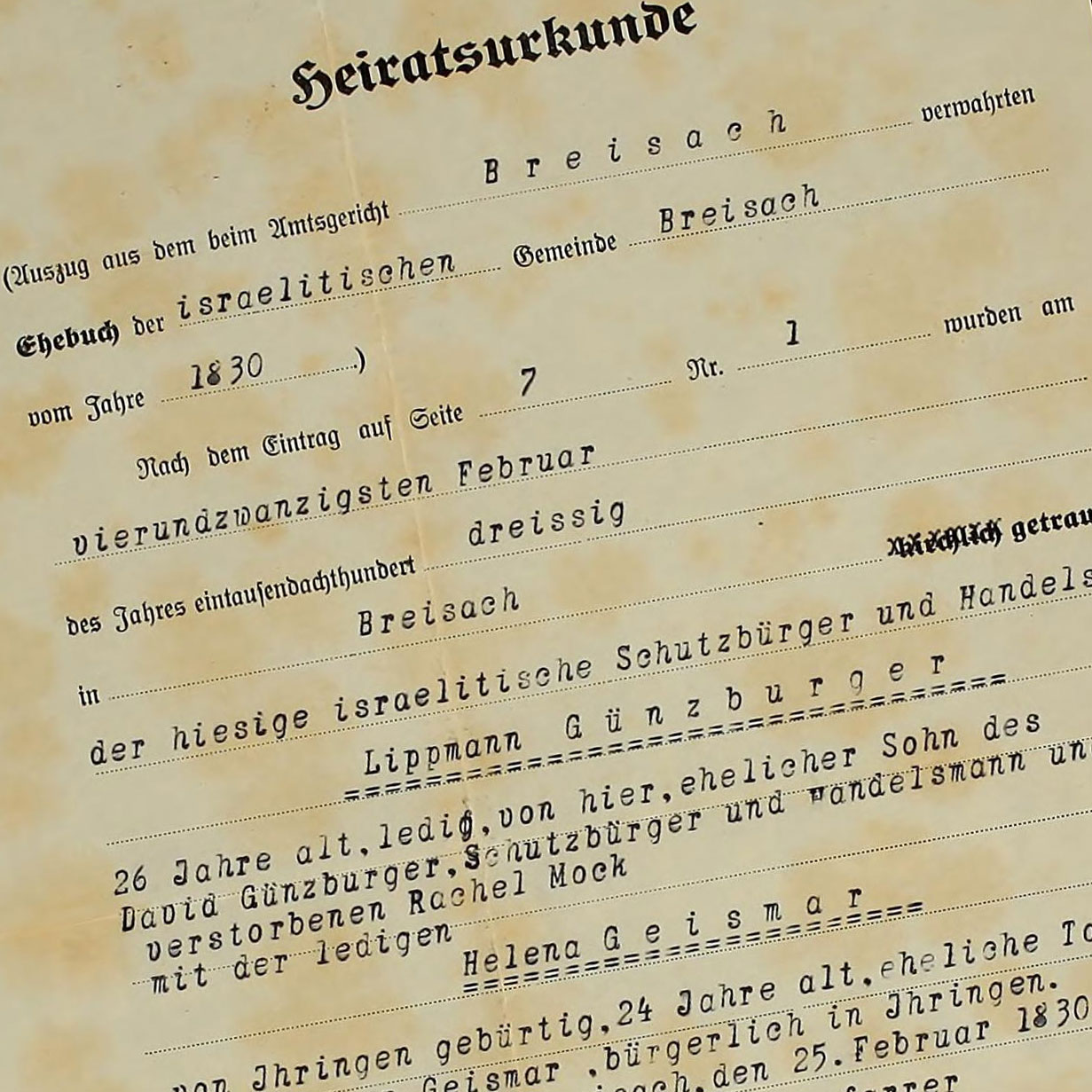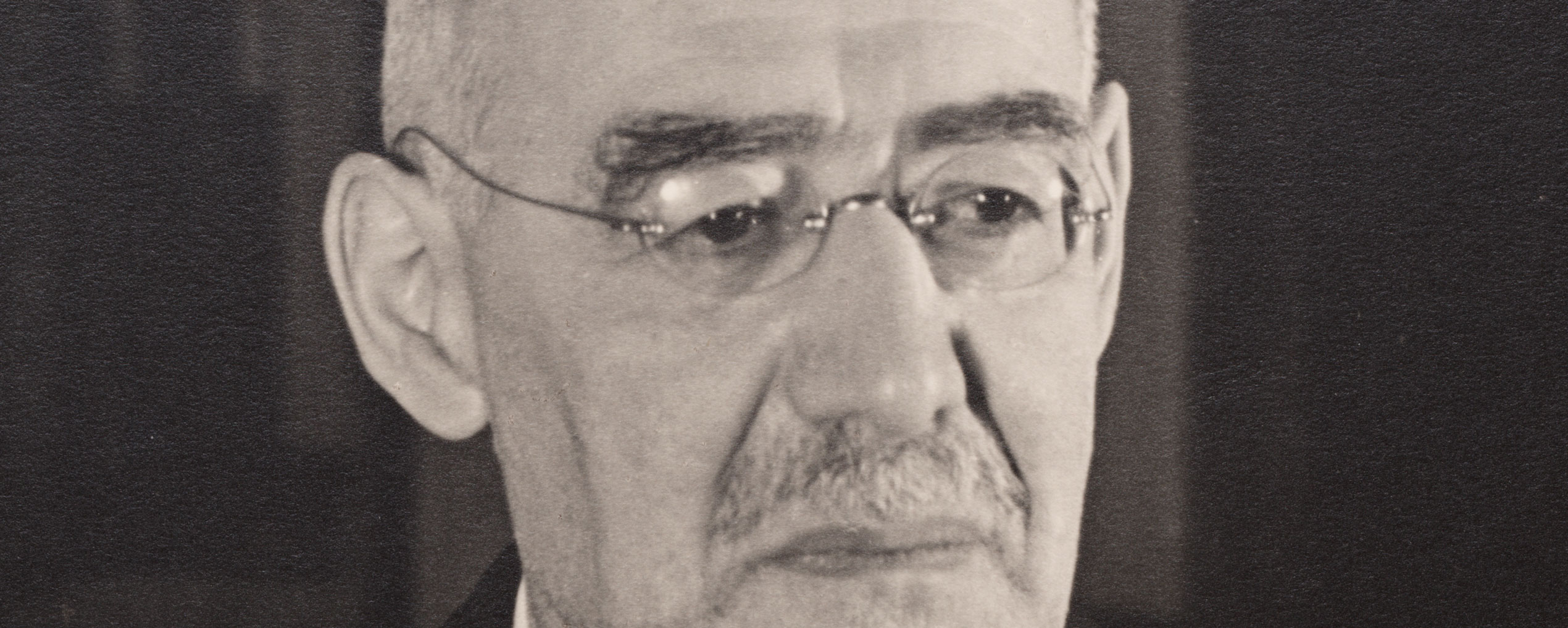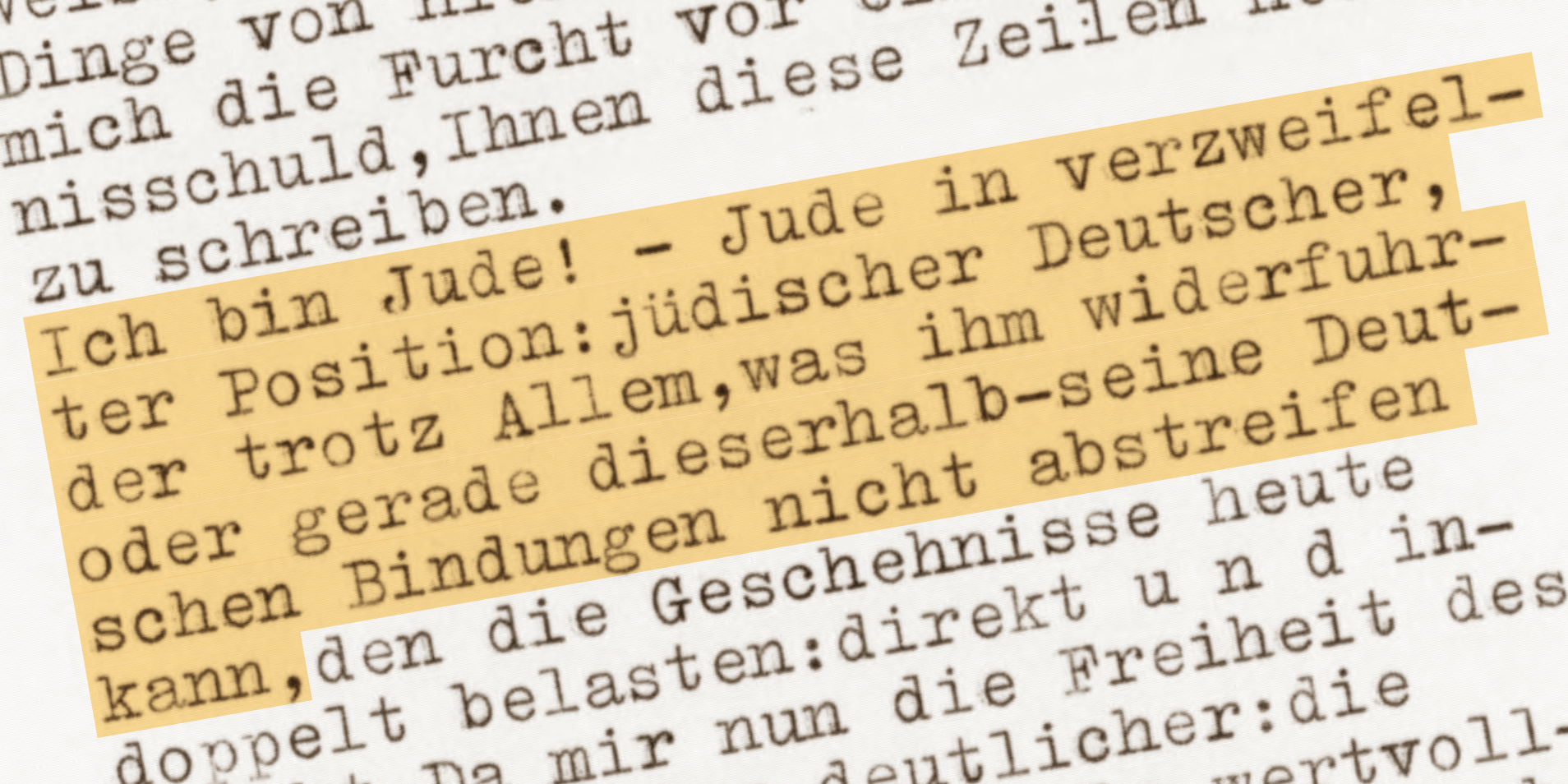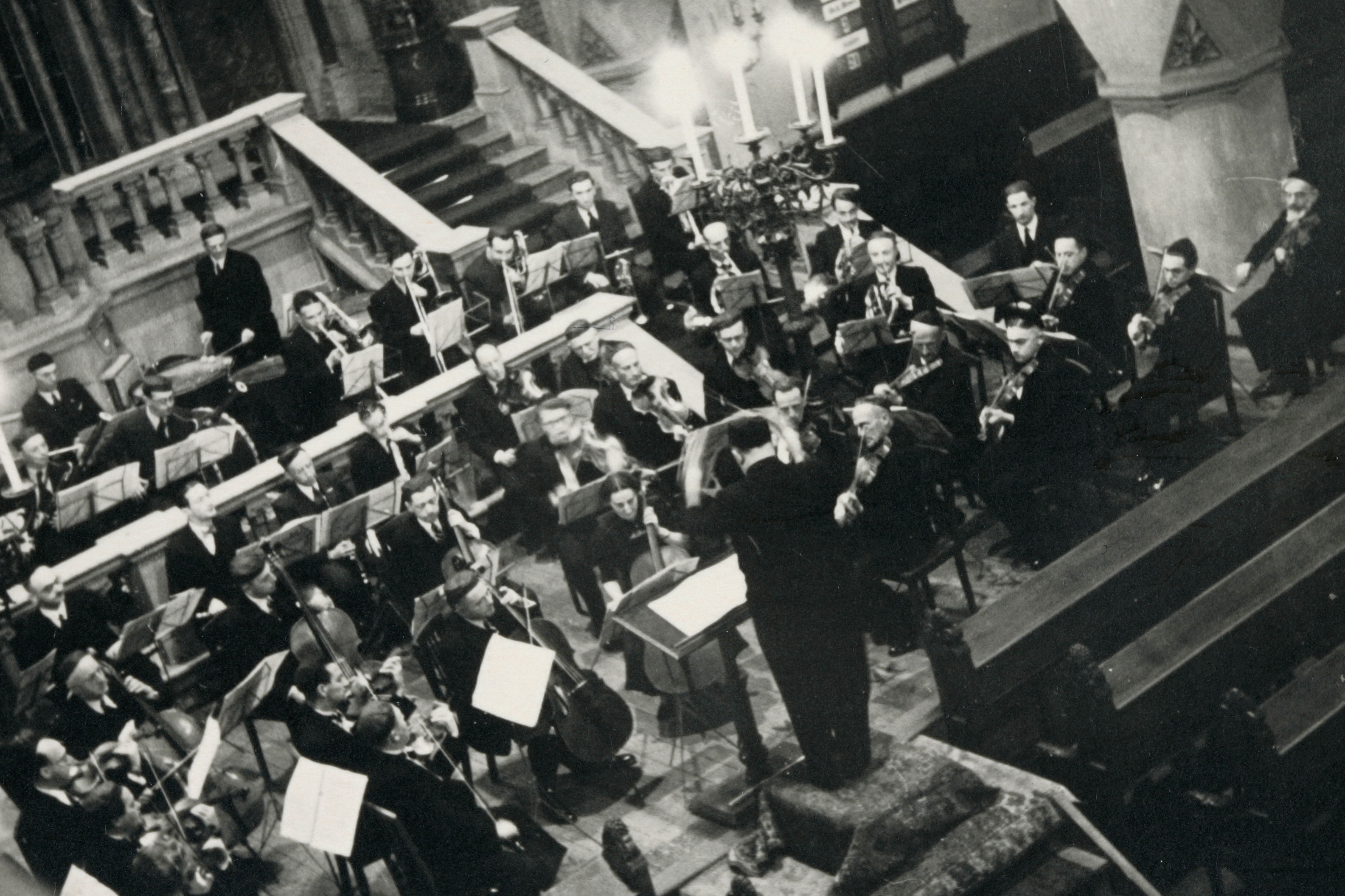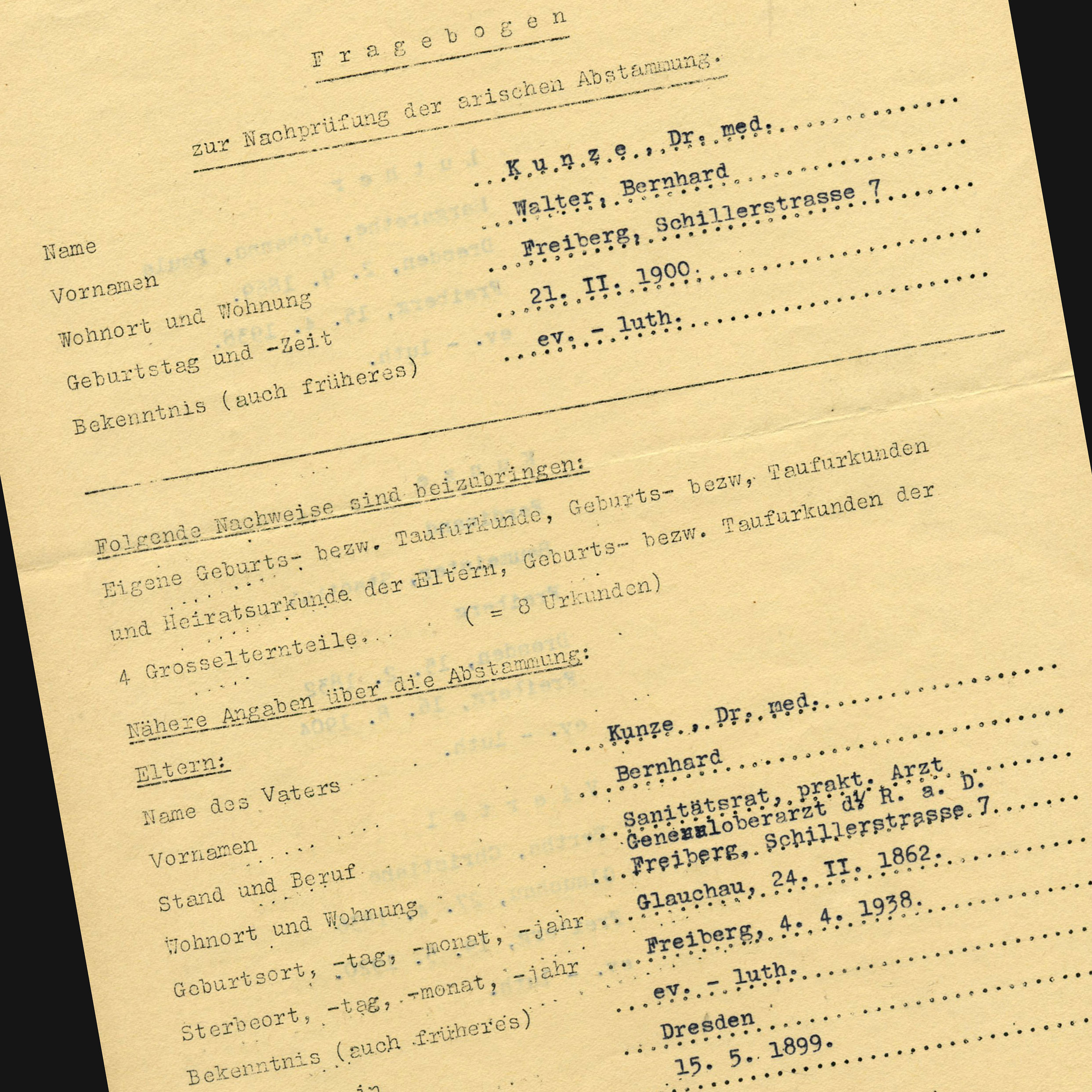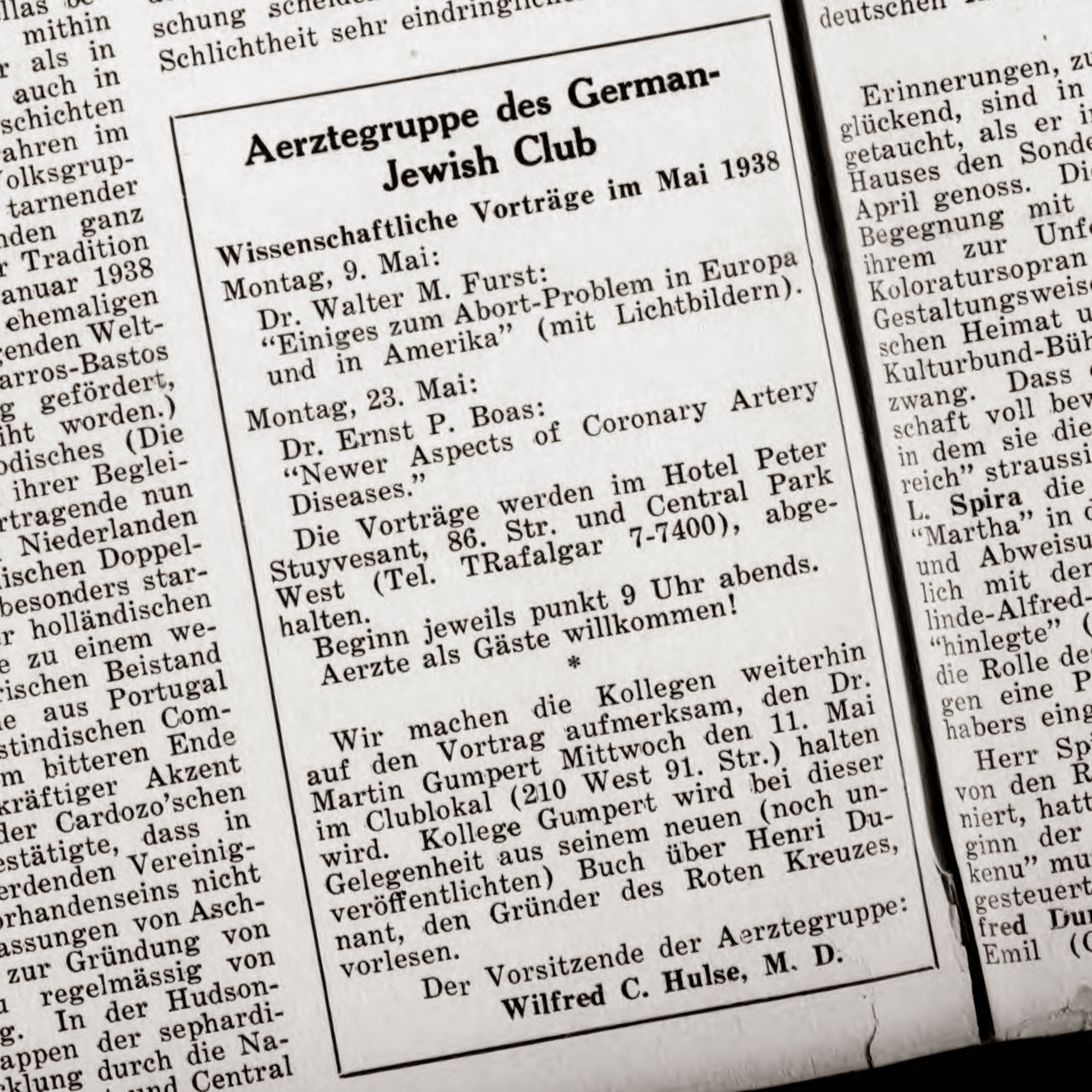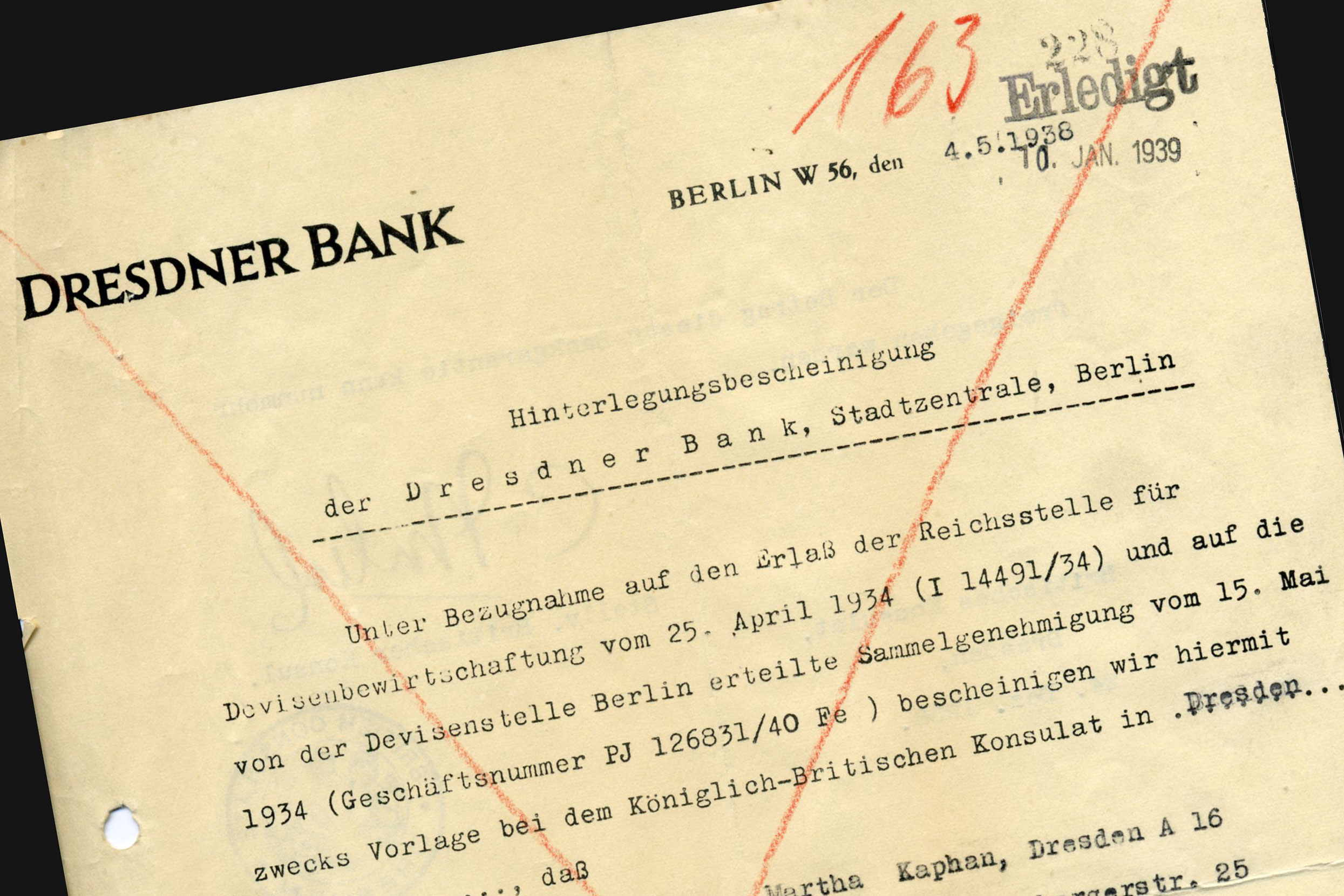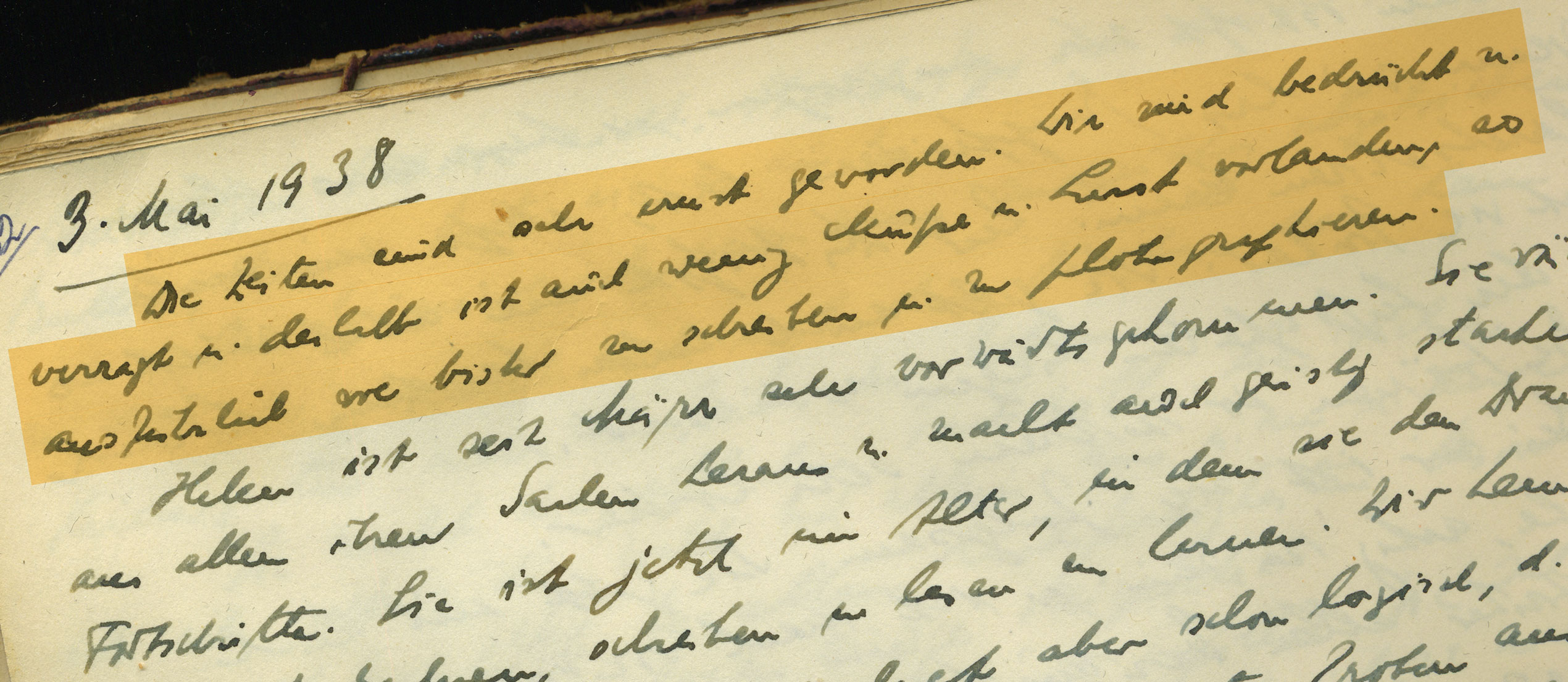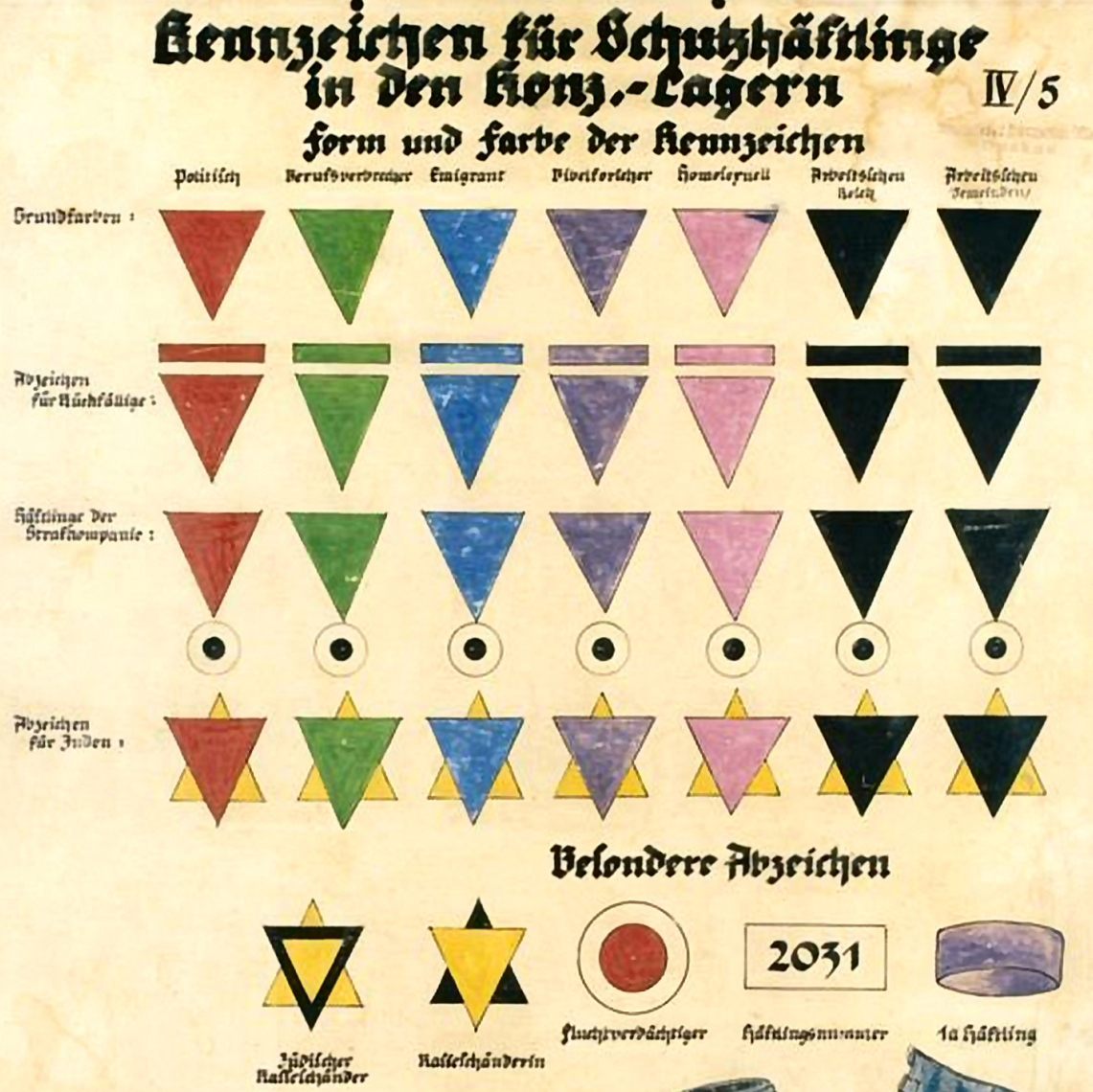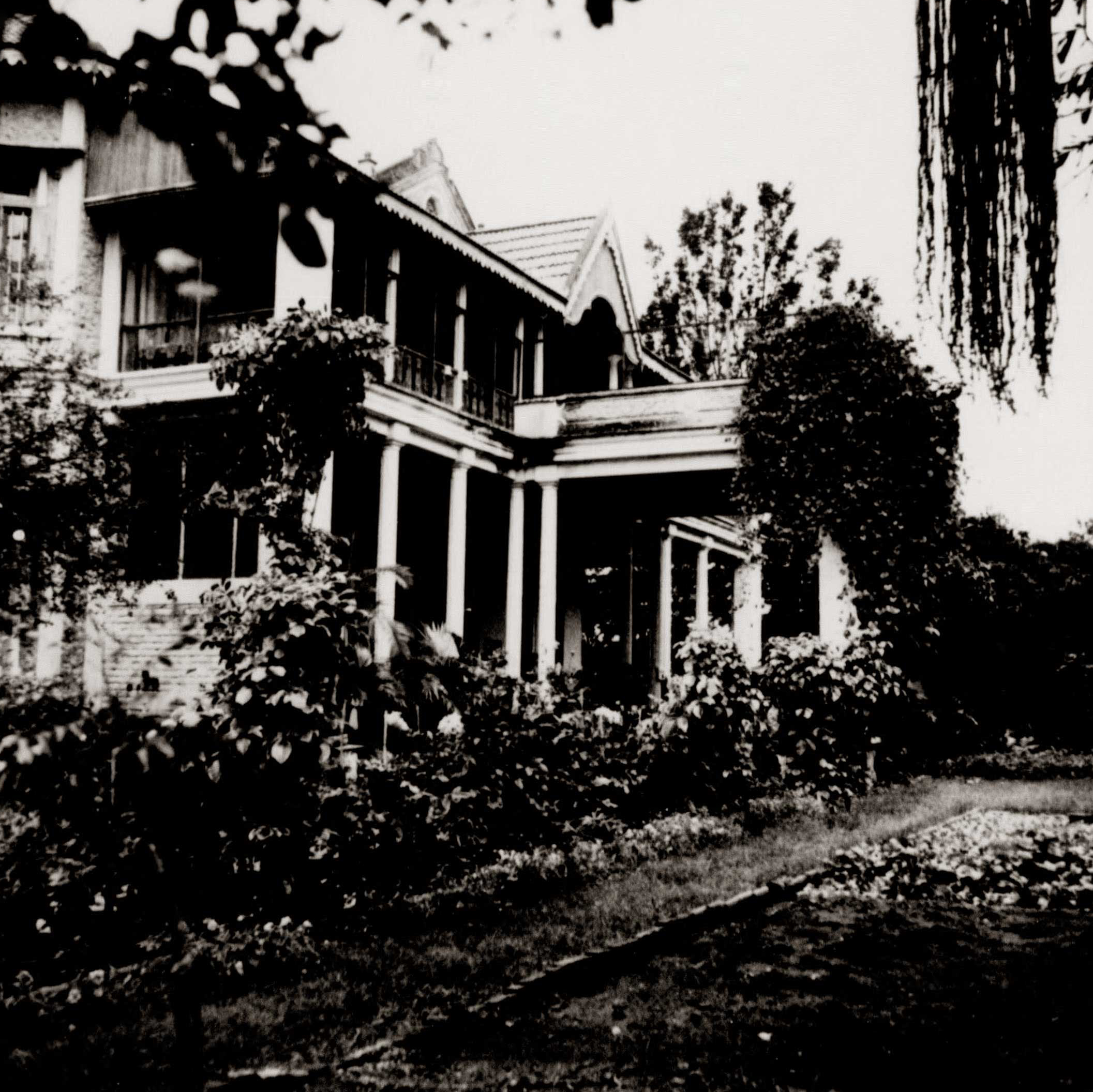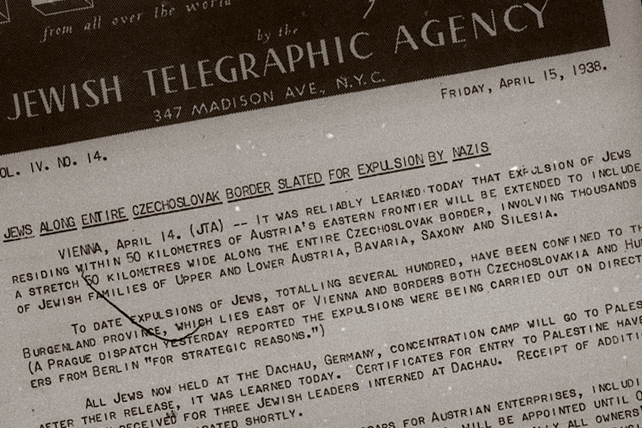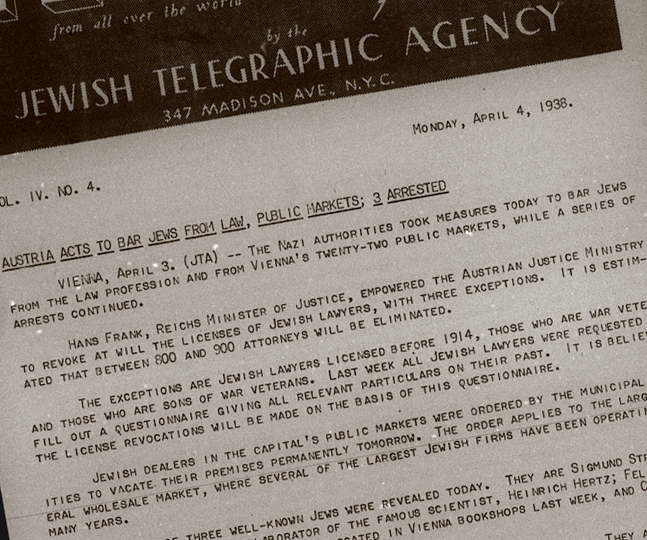Sara for women, Israel for men
Compulsory first names for Jews
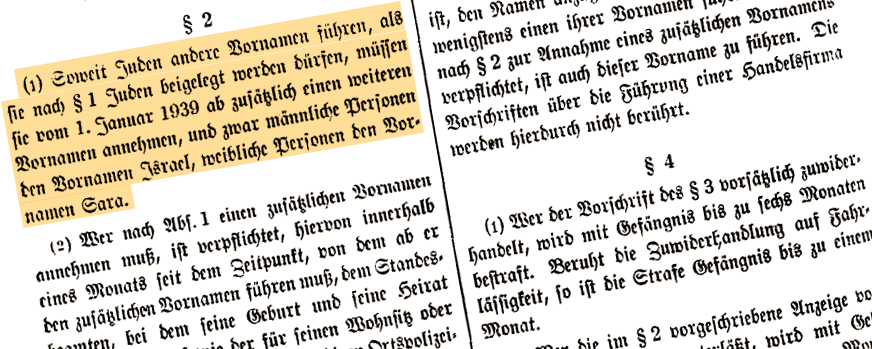
"If a Jew bears a name differing from those which according to § 1 can be given to Jews, as of January 1, 1939, he must adopt an additional first name, namely Israel in the case of a male and Sara in the case of a female."
Berlin
Twice in the course of German history, Jews were forced to change their names: the first time through the introduction of (often stigmatizing) family names during the Emancipation, the second time through the introduction of compulsory first names: “Sara” for Jewish women and “Israel” for Jewish men (August 17, 1938). Thus, Jews were singled out and made to stand apart from the rest of society. If the given name appeared on an officially approved list of Jewish names issued by the Nazis, no additional name was required. The regime also saw to it that Jews who had changed their family names in order to blend in and avoid discrimination had to return to their previous names.
SOURCE
Institution:
Leo Baeck Institute – New York | Berlin 
Collection:
Kurt Hirschfeld Collection, AR 25708 
Original:
Box 1, folder 1
Chronology of major events in 1938
Jews forced to adopt new first names
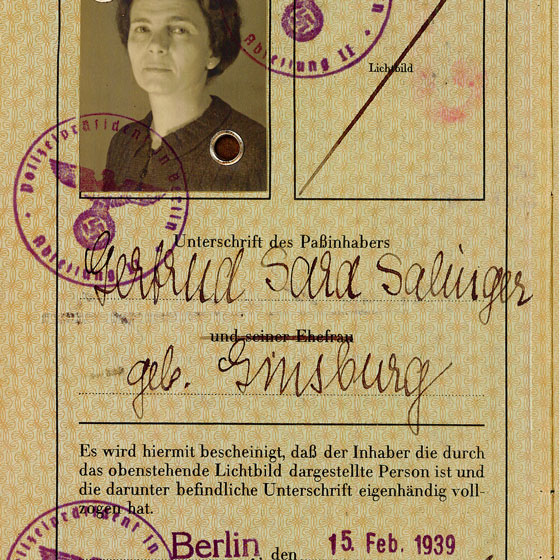
A passport for a Jewish woman clearly displays the legally ordered middle name of Sara. Marianne Salinger Collection, Leo Baeck Institute.
Jewish Germans with a first name that the Nazis do not consider “typically Jewish” are forced to adopt an additional first name as of January 1, 1939. Men are assigned the name Israel, women the name Sara. The intent of this policy is to make Jews more immediately identifiable as Jews. This initiative marks the first attempt to mark Jews and to segregate them from the rest of the population. On January 24, 1939, the order is extended to include Jews in Austria and the Sudetenland.
View chronology of major events in 1938







































